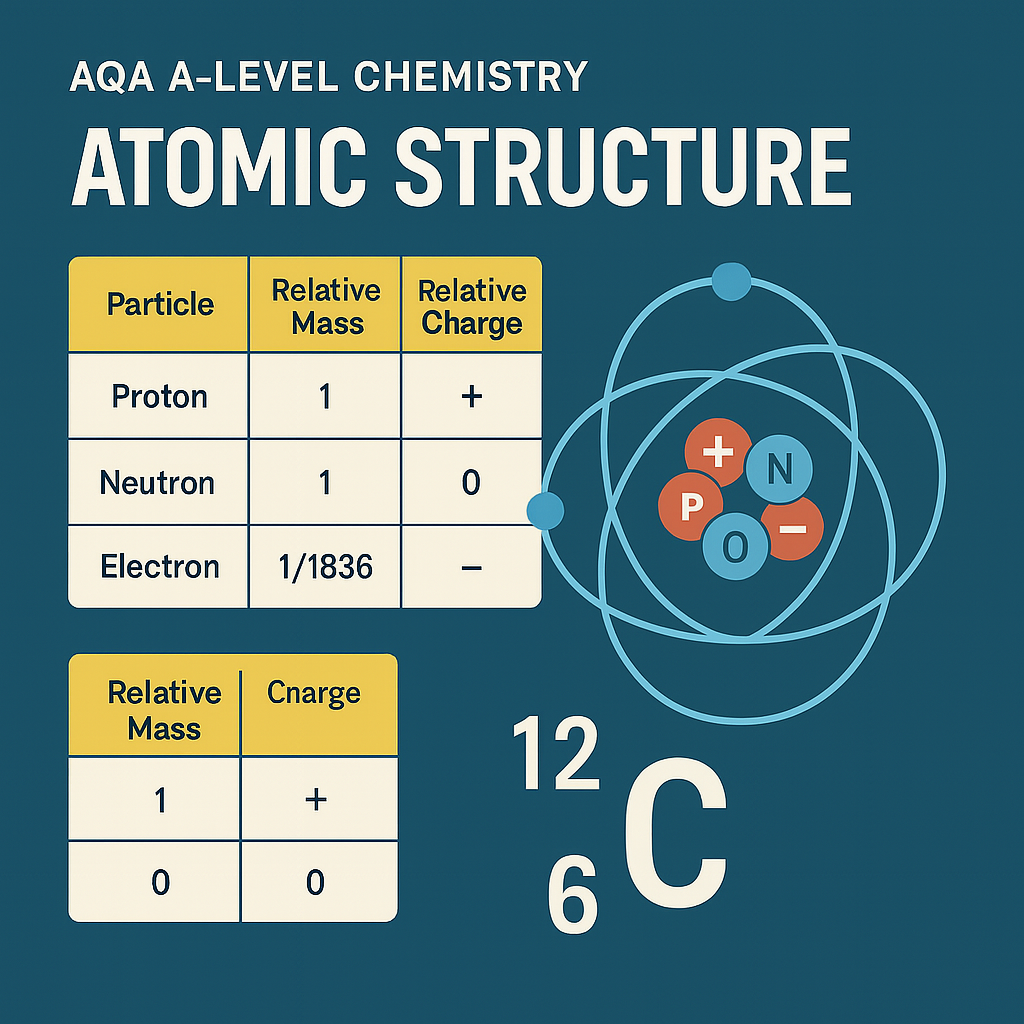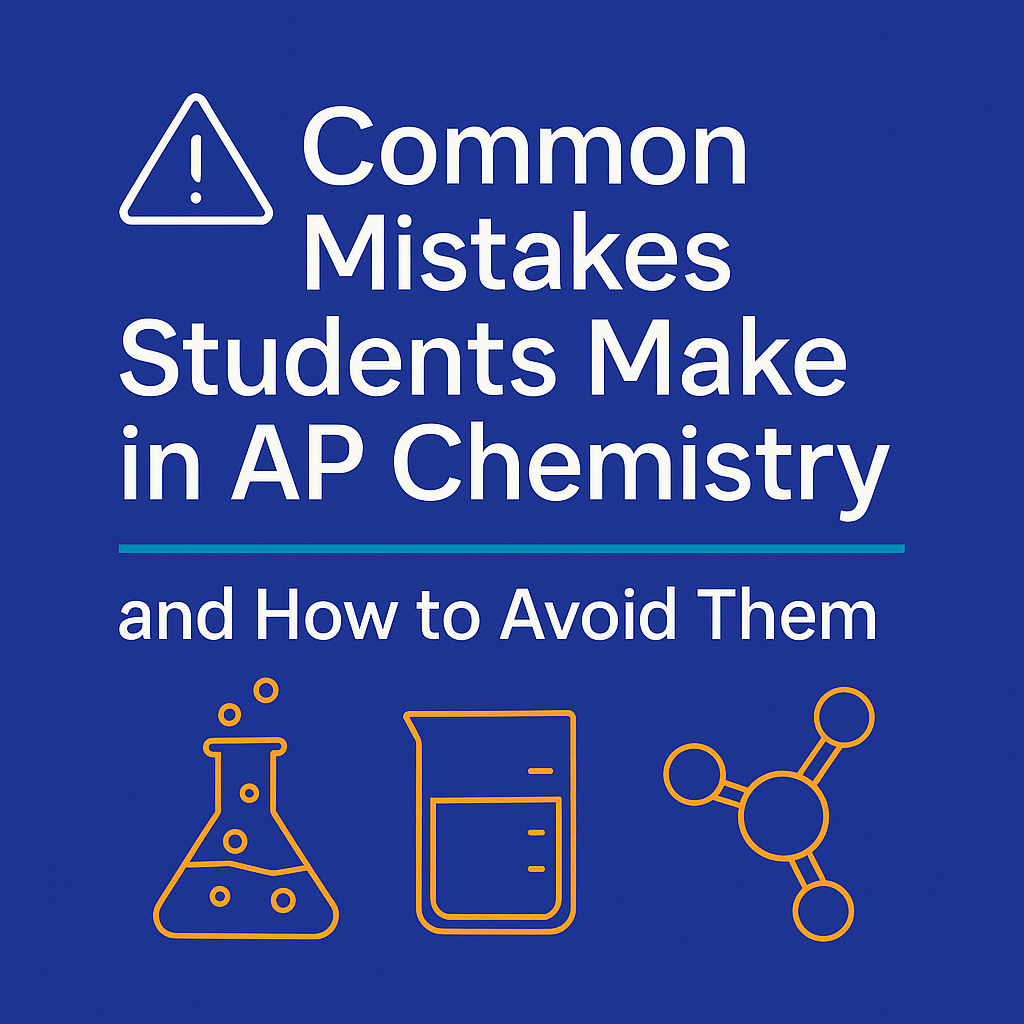The Tale of Two Chemistry Students: Why One Got an A and the Other Settled for a C
When you walk into the exam room, the paper doesn’t ask, “How intelligent are you?”
Sam wasn’t what you’d call a genius. He wasn’t top of the class. He didn’t win chemistry competitions or correct the teacher. In fact, in Year 12, he nearly dropped chemistry altogether. “Too hard,” he said. “I don’t get it.”
Alex was different. Alex was sharp. The kind of student who could answer questions without revising. He’d finished the CGP book before most of us had unpacked it. Teachers expected him to cruise to an A*.
But exam results day told a different story.
Sam got an A.
Alex got a C.
And no one could understand why.
But I could.
Because I watched them both closely. And over time, I saw the difference between a student who knows chemistry and a student who knows how to master chemistry.
The Myth of Intelligence
Alex believed in talent. He was the “smart one.” He relied on understanding things quickly. When he did past papers, he scanned the questions, gave half-thought-out answers, then moved on. He got the topic… sort of.
But when the questions were twisted, when the pressure was on, when marks depended on exact wording—he struggled. He didn’t practise under timed conditions. He didn’t memorise definitions because “he understood them.” He never reviewed mark schemes.
Alex thought chemistry was about being clever.
Sam thought chemistry was about being consistent.
The Power of Systems Over Smarts
Sam wasn’t confident at first. But he built a system.
He printed the AQA specification and turned each point into a flashcard.
He used Pomodoro timers to study in 25-minute bursts—even when he didn’t feel like it.
He asked for help—not once, but until he really got it.
He spent 30 minutes a week reviewing his mistakes and rewriting them with model answers.
He didn’t cram—he chipped away, week by week, topic by topic.
He didn’t get everything right. But he kept showing up. Quietly. Methodically.
By exam season, Sam was no longer the student who “struggled.” He was the one getting full marks on past papers while Alex skimmed through and said, “I think I’ve got this.”
The Exam Doesn’t Care How Smart You Are
When you walk into the exam room, the paper doesn’t ask, “How intelligent are you?”
It asks:
Can you recall the exact definition of dynamic equilibrium?
Can you calculate percentage yield with the correct units and structure?
Can you explain how Le Chatelier’s Principle applies in three steps, using scientific vocabulary?
Can you apply unfamiliar context to a known reaction?
Sam could.
Alex couldn't.
And that’s when Alex realised: “It’s not what you know, it’s what you do consistently that creates results.”
Discipline Beats Intelligence—Every Time
You don’t need to be the smartest student in the room.
You don’t need to love chemistry.
You just need a plan. A system. And a willingness to do the work.
Sam got his A because he studied like it mattered.
Alex got his C because he thought he didn’t need to try until the end.
And chemistry rewarded discipline over ego.
So Who Are You in This Story?
Are you Alex—bright but coasting, hoping your talent will carry you?
Or are you Sam—determined to build habits that lead to mastery?
You already know what the exam board rewards.
You already know how unforgiving A-Level Chemistry can be.
And deep down, you know: the grade you get is the result of the systems you build, not the IQ you were born with.
So build smart. Work steady.
And book a 15 mins consultation with Dr Marguerite Quinn if you want expert support building your A-level chemistry success system.





Understand AQA A-Level Chemistry Section 3.1.1.2 on mass number and isotopes. Learn key definitions, isotope notation, calculations, and how this topic builds your scientific and exam skills.